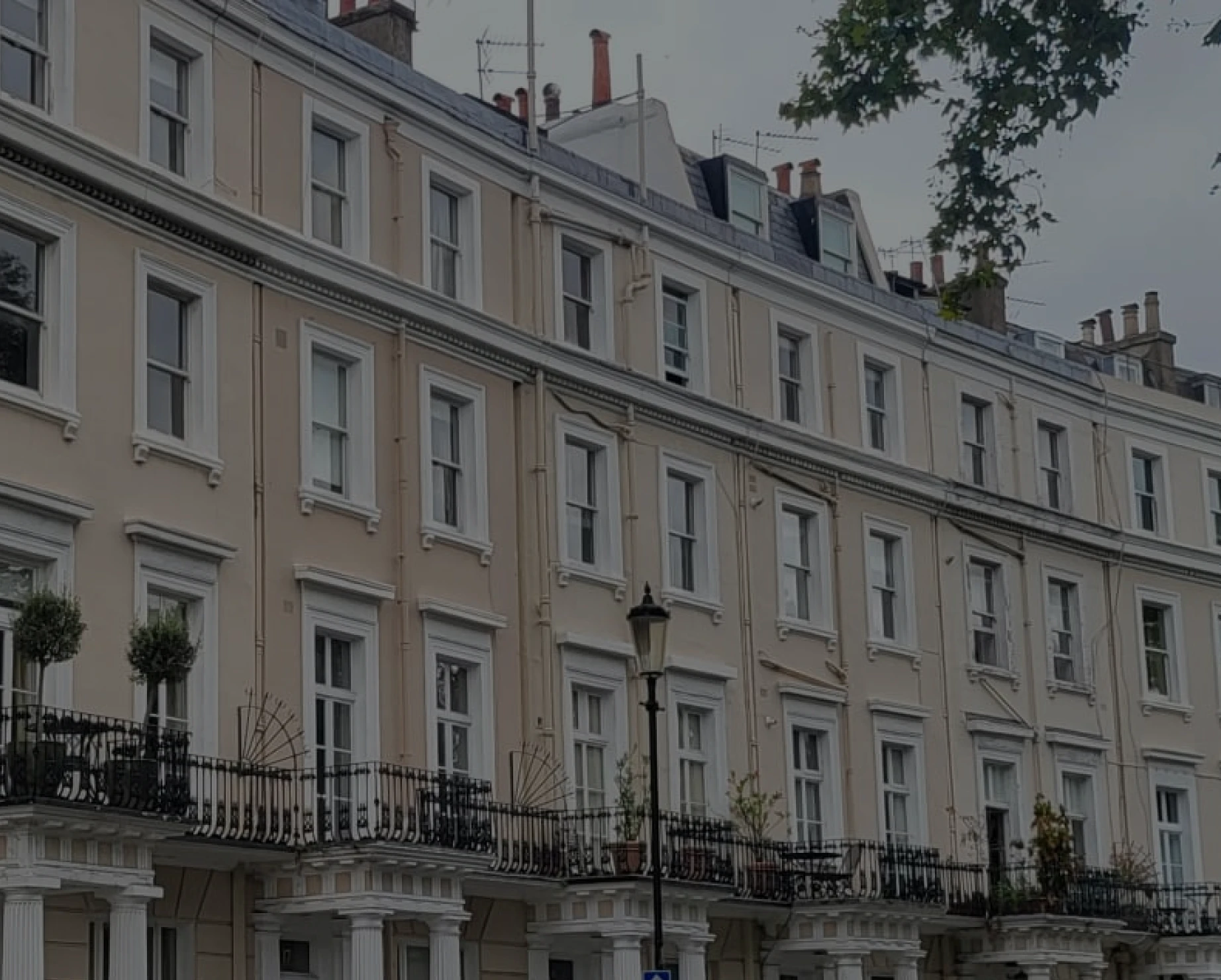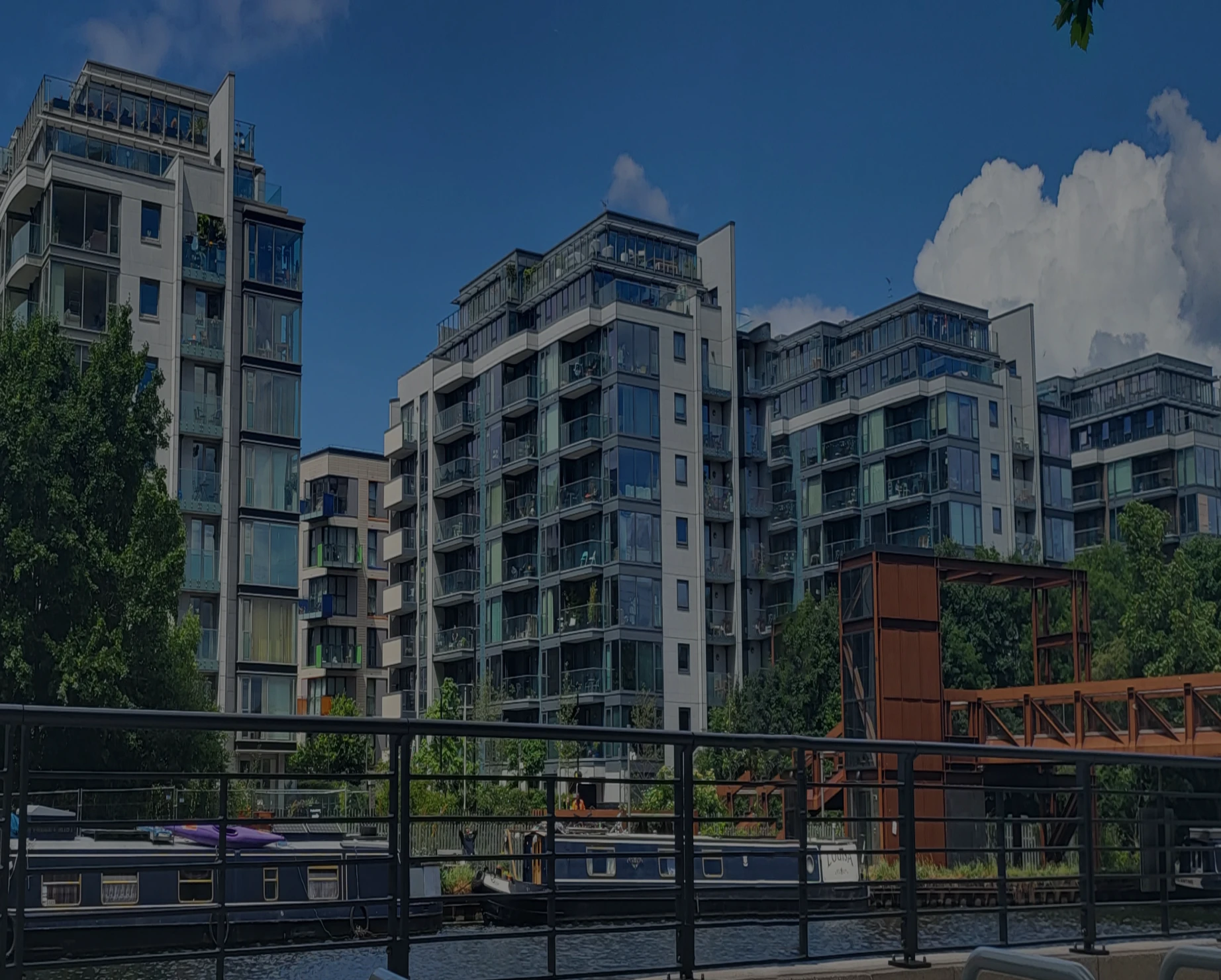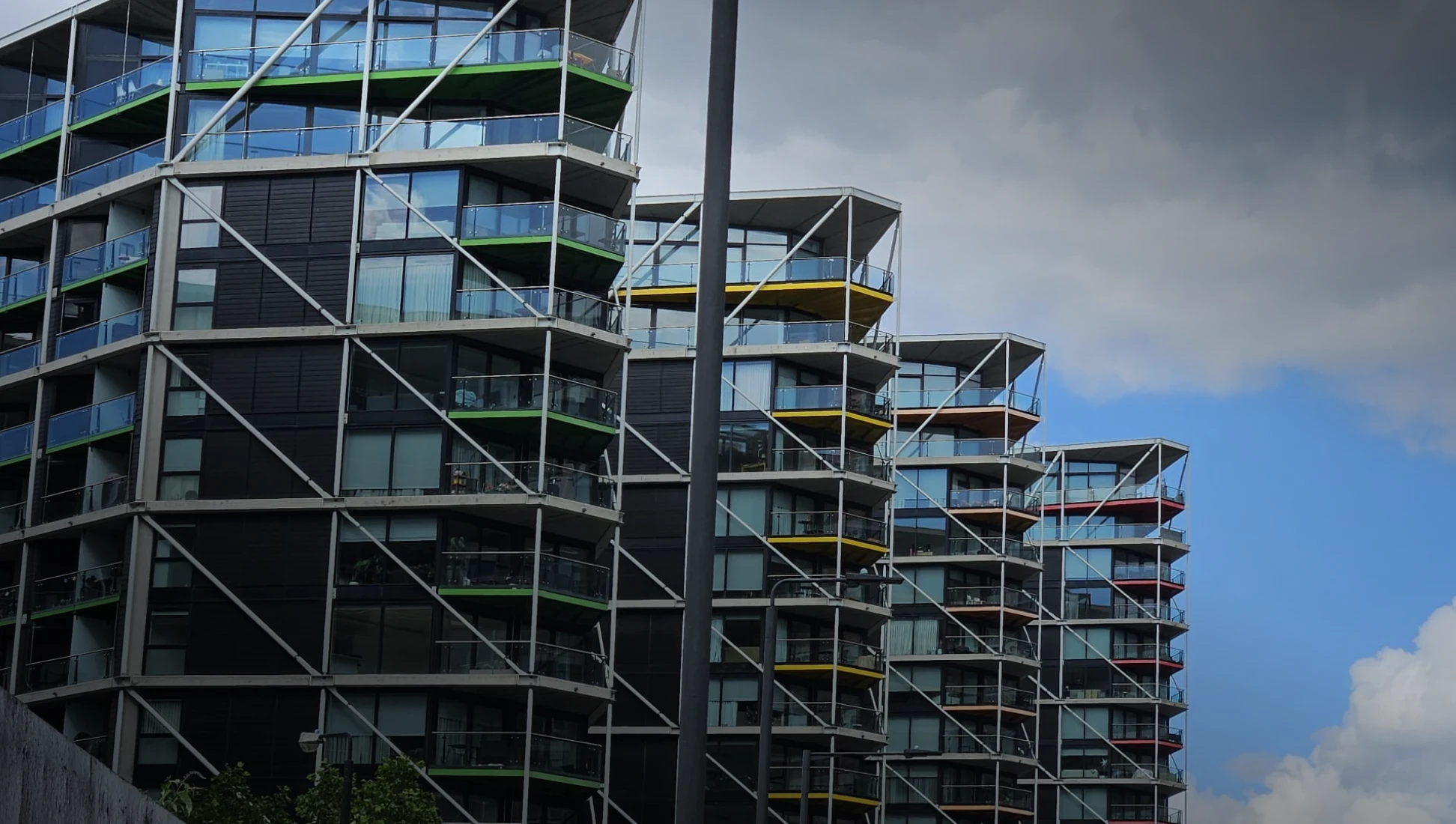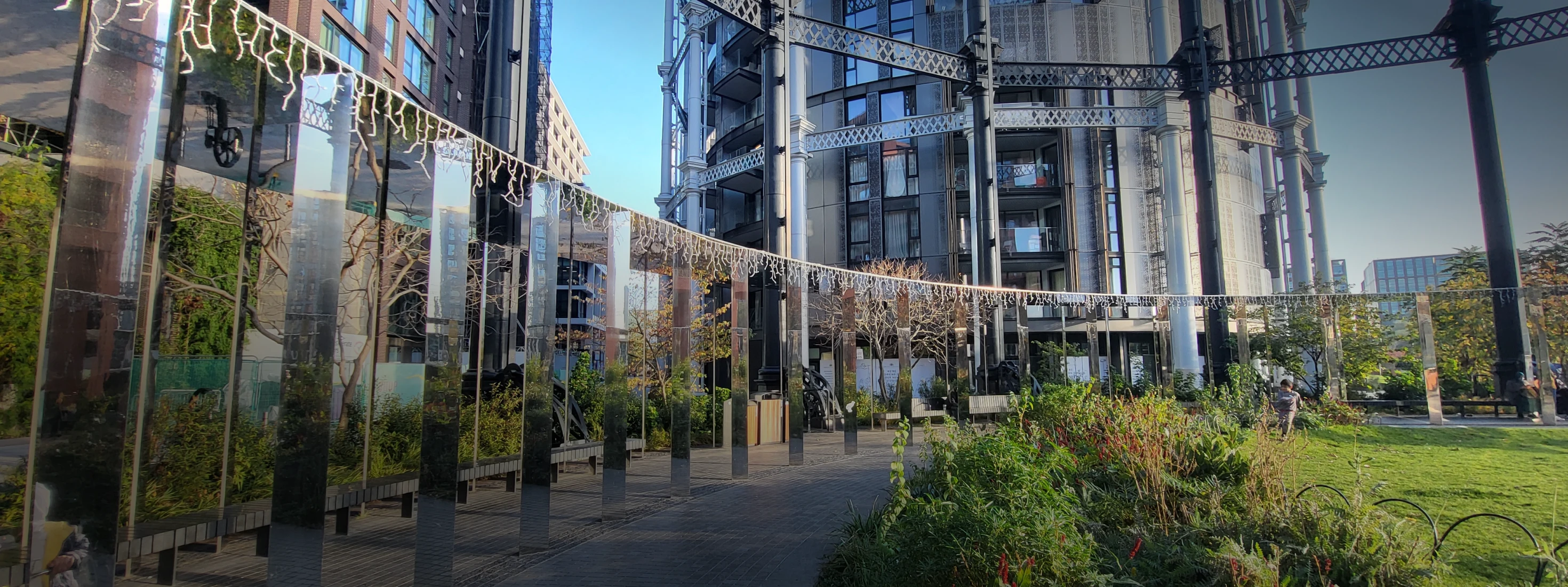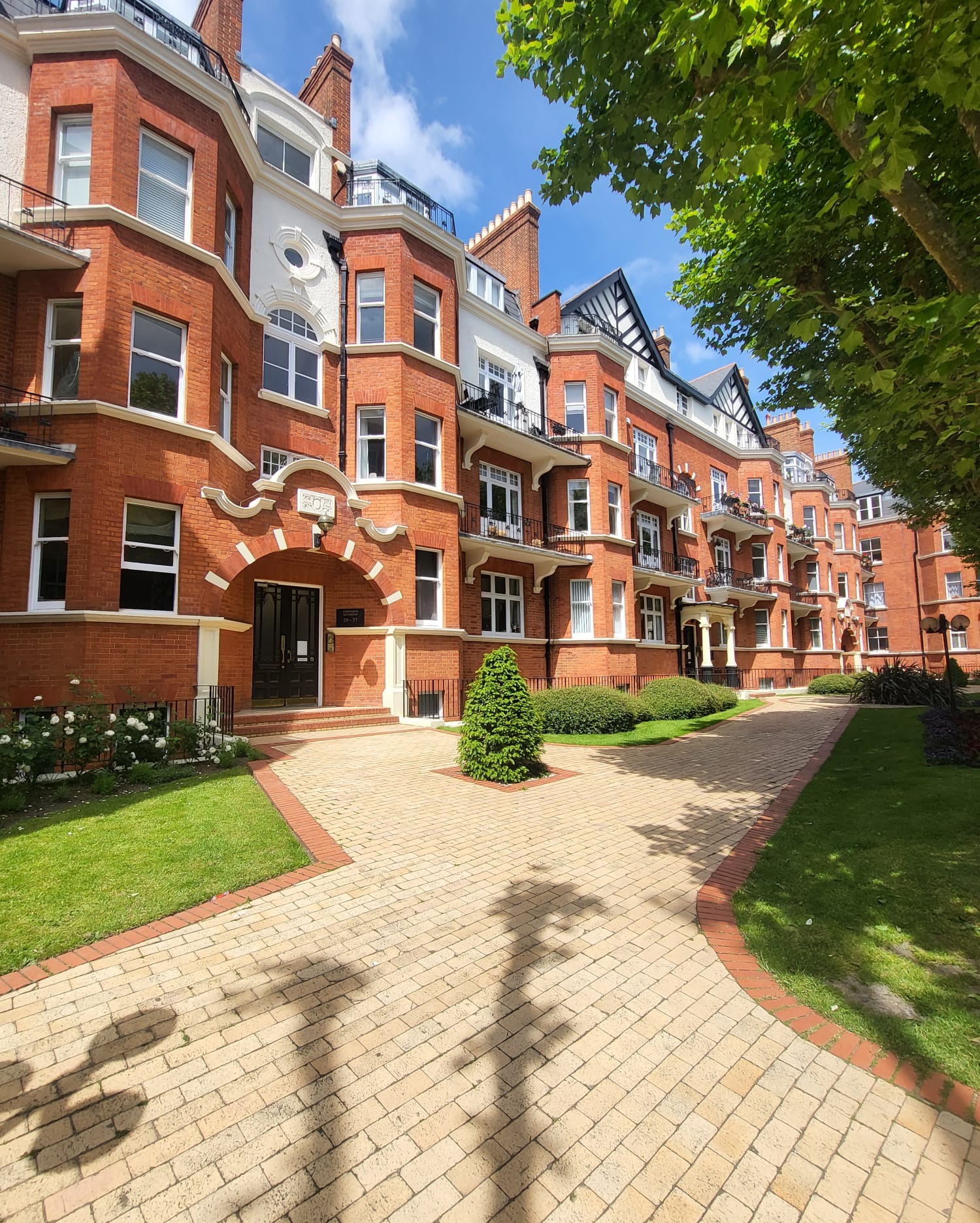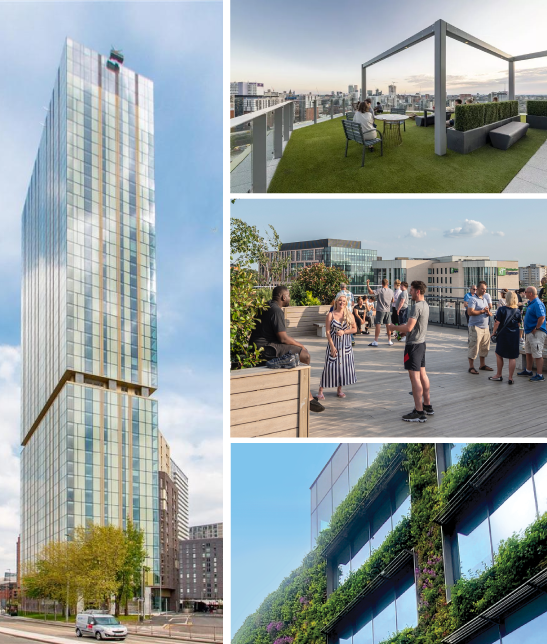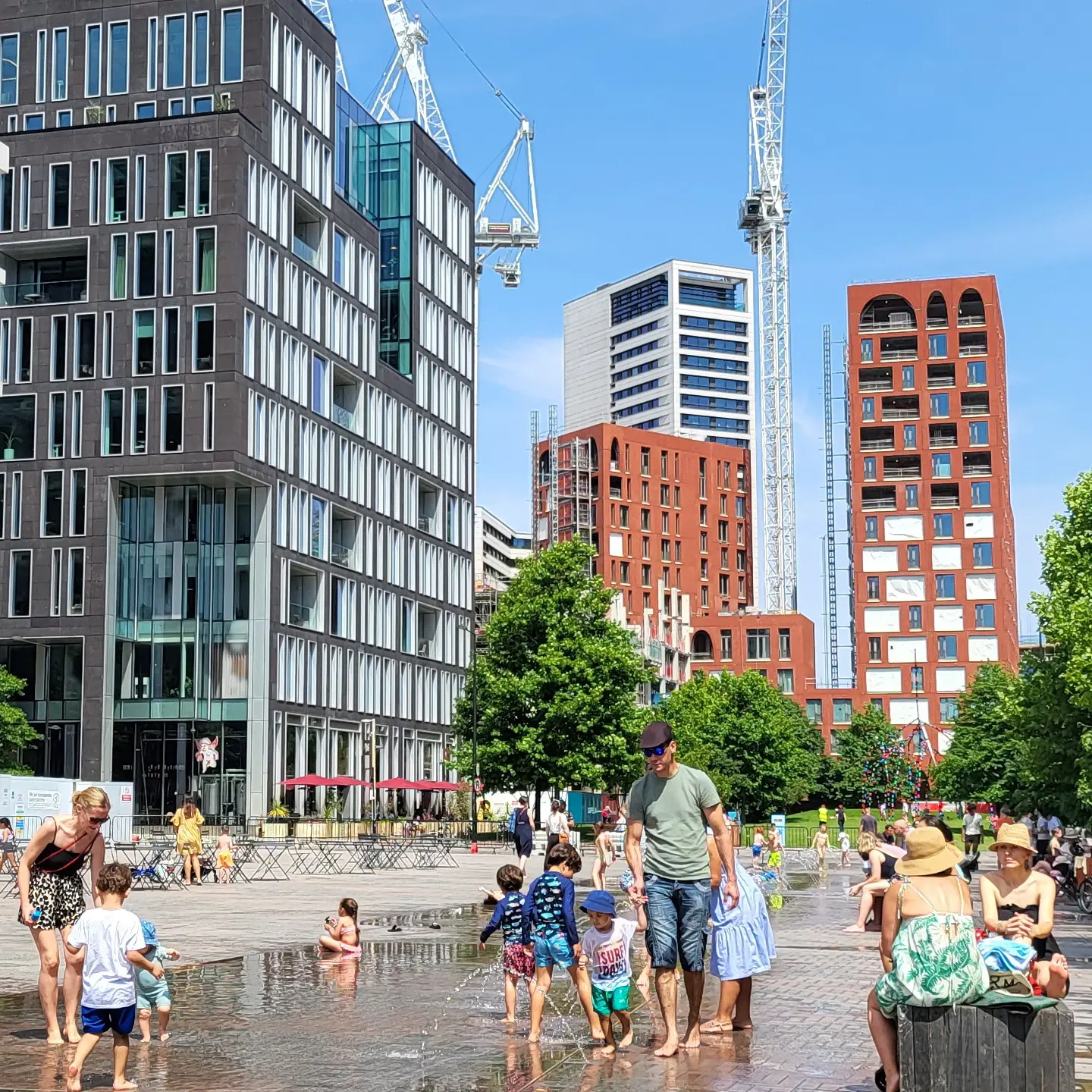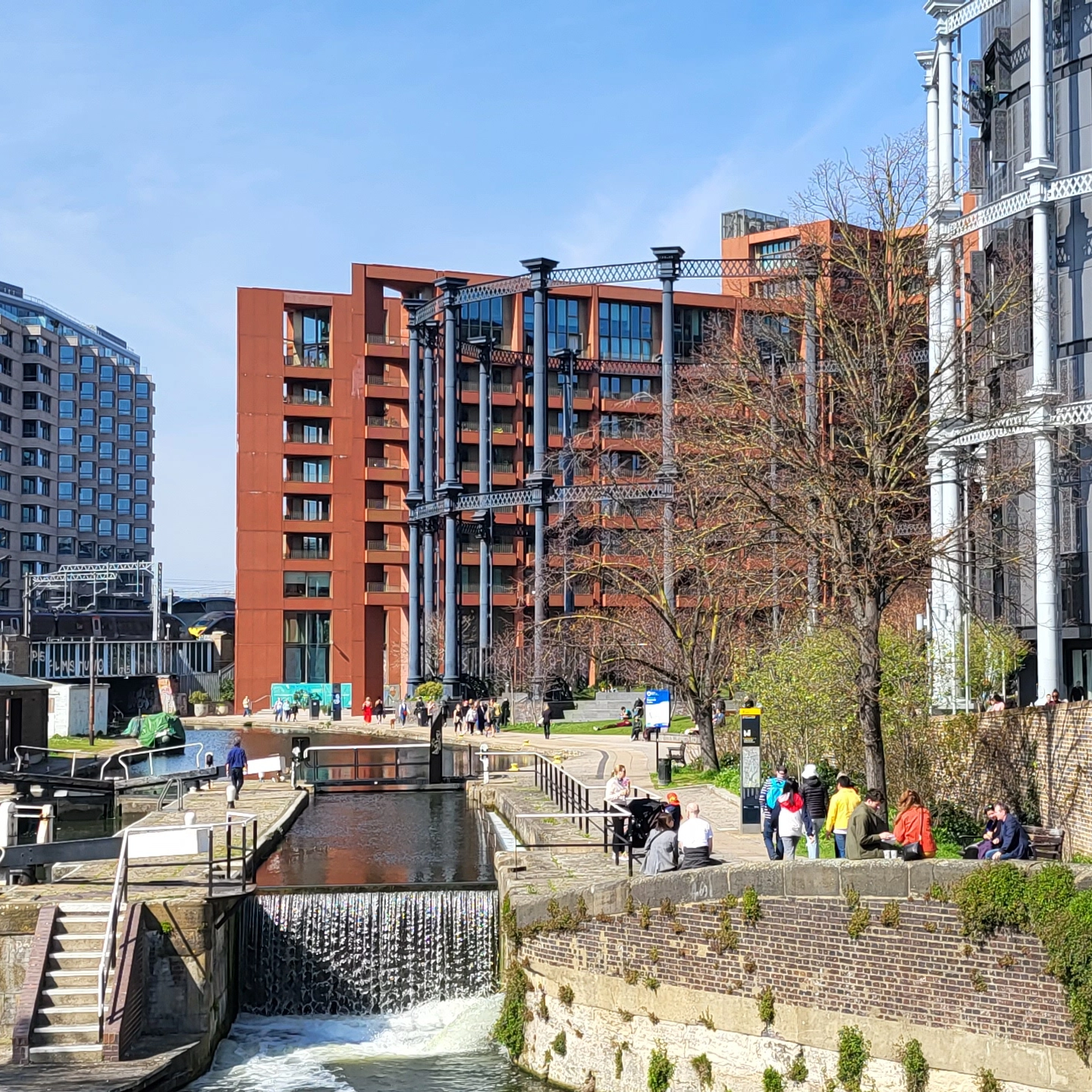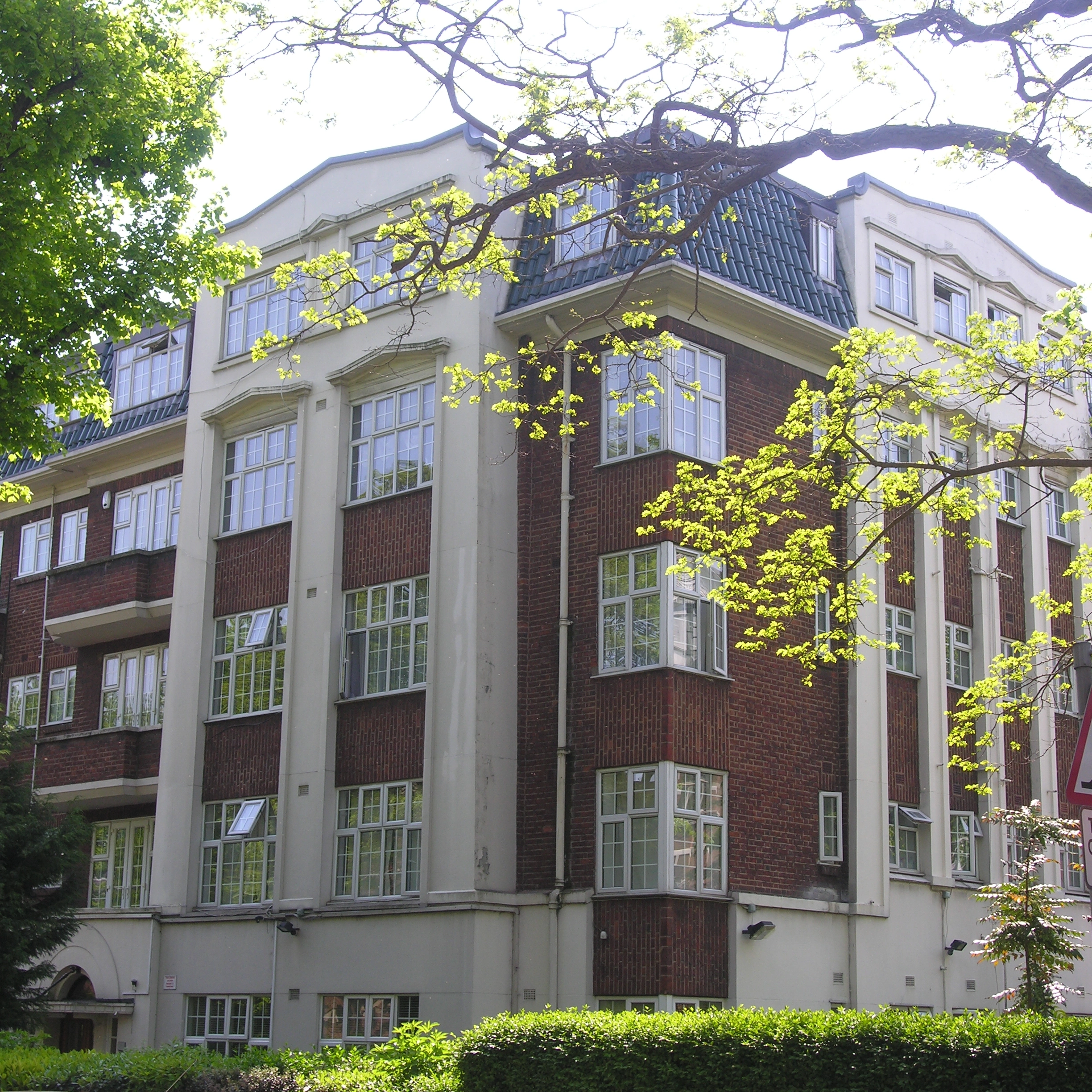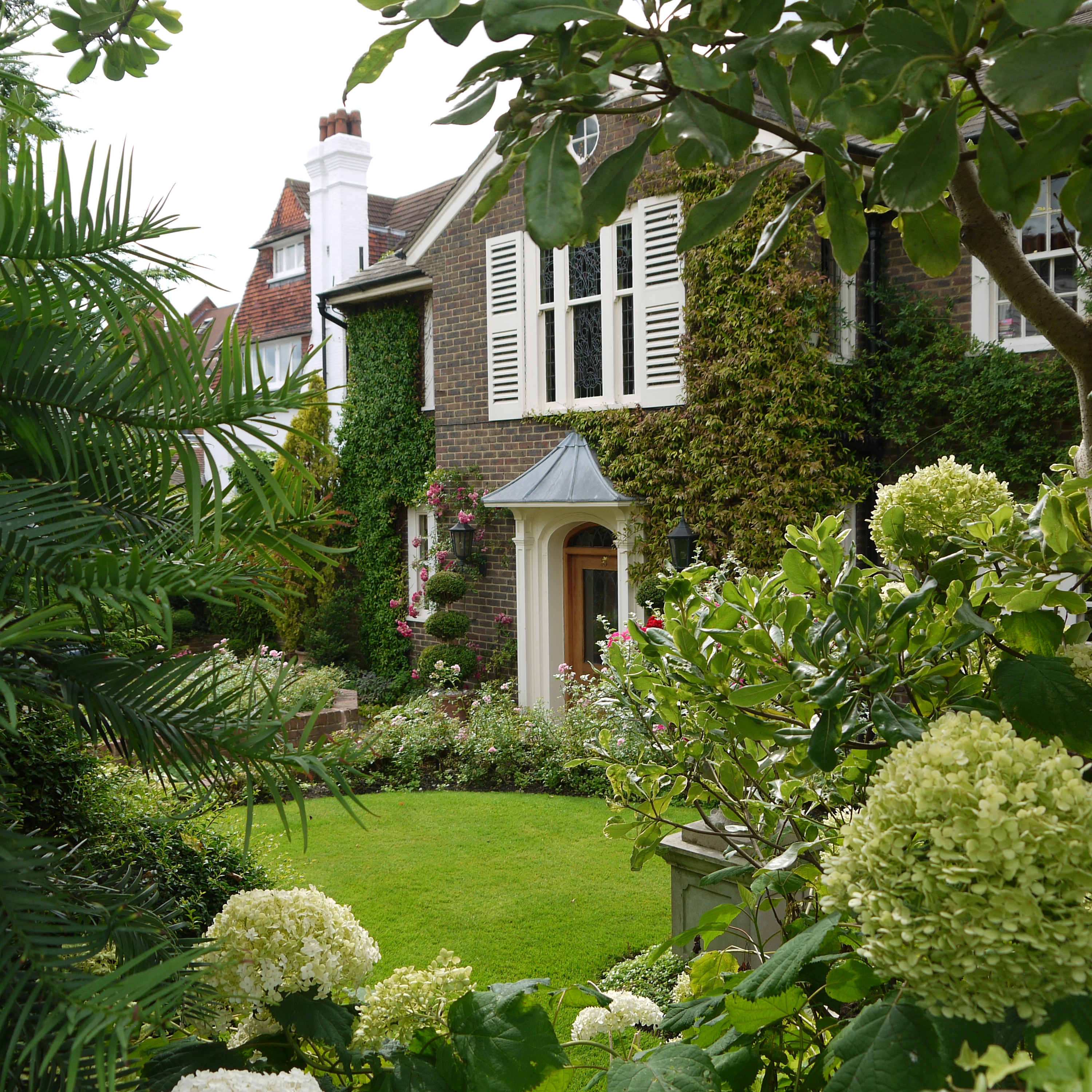History of Deptford
The name Deptford derives from Division of the Parish. This is based on a ford across the Ravensbourne river, along the route of the Celtic trackway. Hence the name "deep ford" became the similar name Deptford. This was later paved by the Romans, and developed into the medieval Watling Street. Deptford featured in the pilgrimage route from London to Canterbury in Chaucer's The Canterbury Tales, in the prologue to The Reeve's Tale.
Deptford Dockyard was established by Henry VIII in 1513, as the first Royal Dockyard. It became a major shipping dock, where many famous names in history spent their time, including Peter The Great, ruler of the Russian Empire from 1862. He studied shipbuilding. The dockyard was mainly inactive in 1830, and although shipbuilding briefly resumed in the 1840s, the navy closed the yard in 1869.
Deptford, located in southeast London, has a history deeply tied to its maritime heritage. Its name originates from "deep ford," referring to a crossing over the River Ravensbourne. During the Tudor era, Deptford became a significant naval hub with the establishment of the Royal Dockyard by Henry VIII in the 16th century. This dockyard played a vital role in shipbuilding and attracted notable figures like Sir Francis Drake, who was knighted aboard the Golden Hind here. Deptford also hosted Peter the Great of Russia, who studied shipbuilding techniques in the area. The dockyard's prominence shaped Deptford's identity for centuries. In addition to its naval significance, Deptford has connections to literary and historical figures. The area was home to Sayes Court, the residence of diarist John Evelyn, and was associated with playwright Christopher Marlowe, who met his mysterious end in Deptford. The town also witnessed the Battle of Deptford Bridge in 1497, where Cornish rebels were defeated by the king's forces. Over time, as the dockyard declined, Deptford transitioned into a residential and industrial area. Today, it retains its historical charm while embracing modern urban development, making it a fascinating part of London's history.
Visit our main Pages
Ringley Group
Block management
Asset Management
Leasehold Guidance
Ringley Law






